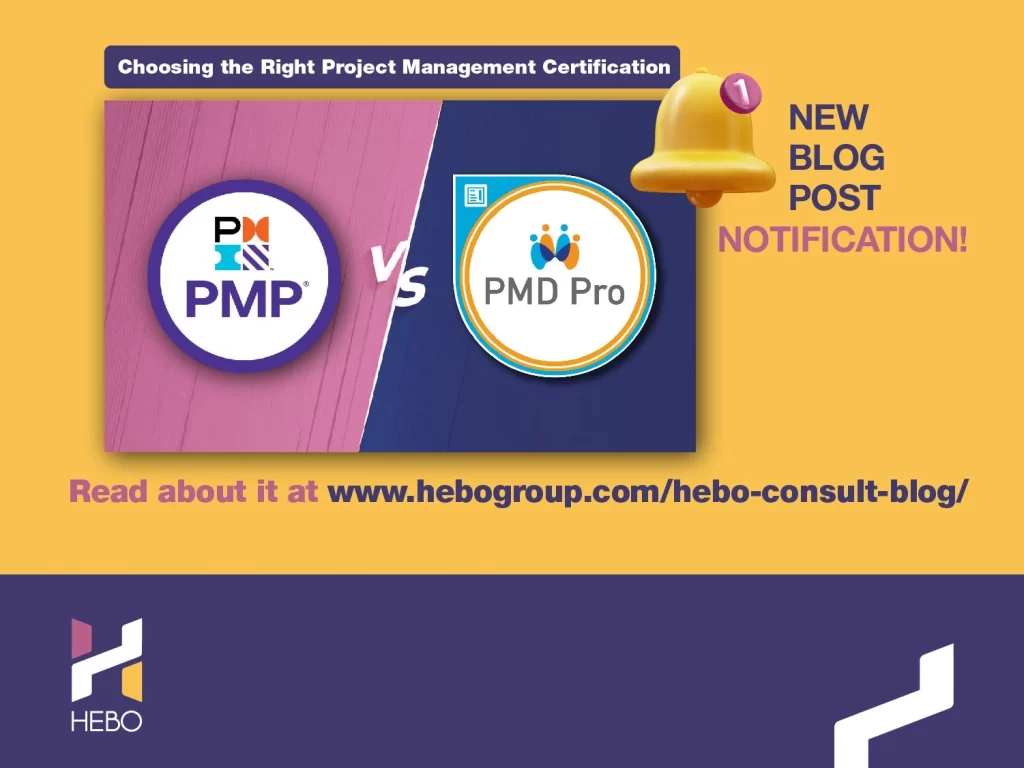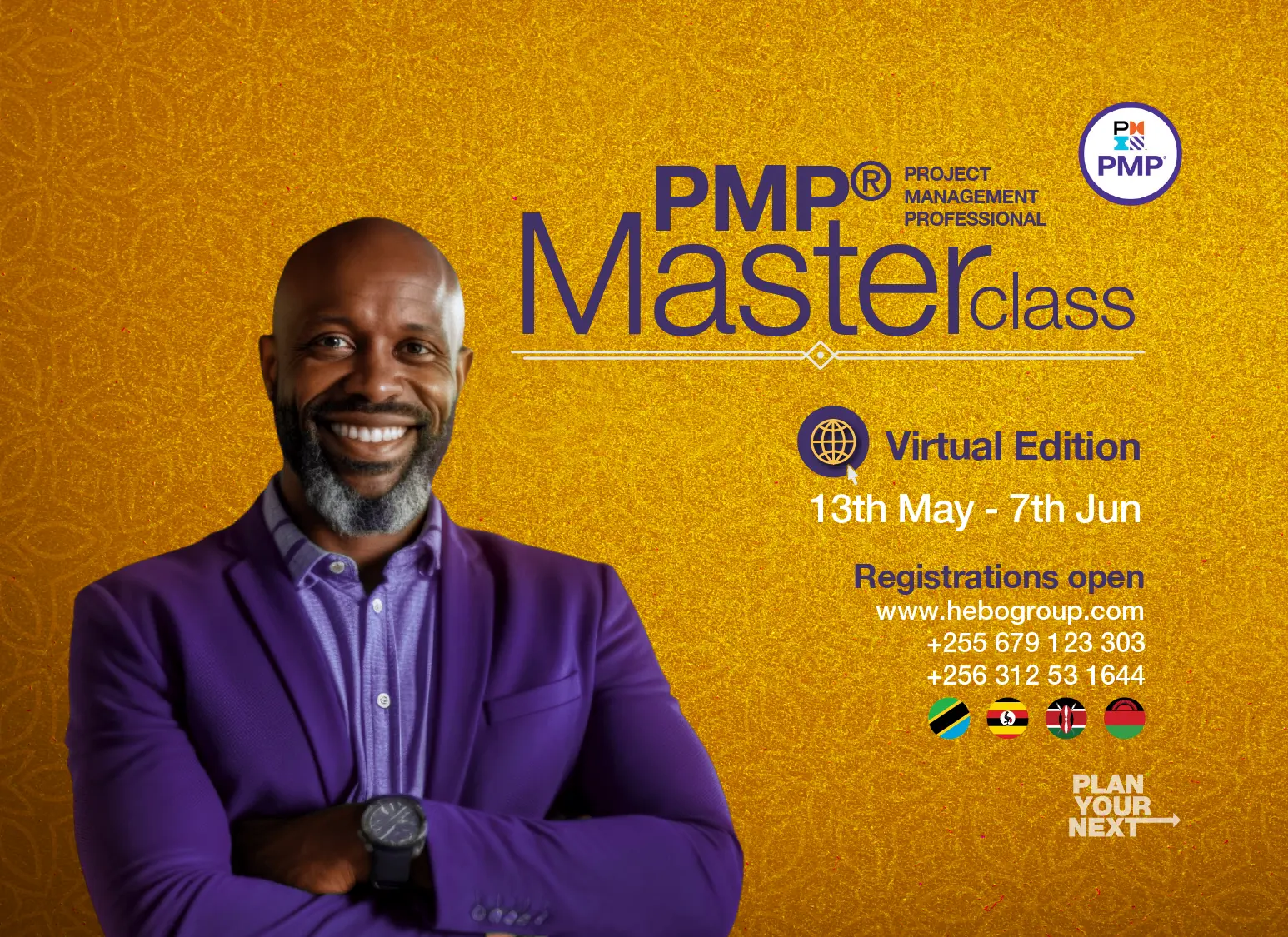In the competitive landscape of project management, certifications serve as essential credentials, enriching professionals with the requisite knowledge, skills, and recognition to excel in their roles. Two eminent certifications in this realm are the Project Management Professional (PMP®) and the Project Management for Development Professionals (PMD Pro). While both certifications aim to augment project management competencies, they cater to distinct sectors, offering unique benefits, recognition, and pricing structures.
Understanding PMP and PMD Pro:
The Project Management Professional (PMP®) certification, conferred by the Project Management Institute (PMI®), stands as a global hallmark in project management proficiency. It delves into best practices and methodologies applicable across multifarious industries, emphasizing the principles delineated in the PMBOK (Project Management Body of Knowledge) Guide.
Conversely, PMD Pro is custom-tailored for professionals operating in the international development sector. Developed collaboratively by APMG International and LINGOs (now part of Humentum), PMD Pro tackles the distinctive challenges and requisites of managing projects in humanitarian and development contexts.
Strengths and Applicability:
PMP® certification furnishes a comprehensive grasp of project management principles relevant across diverse industries, including IT, Technology, construction, healthcare, finance, and even in development and NGOs. Professionals pursuing PMP certification garner expertise in project initiation, planning, execution, monitoring, and closure, fostering versatility in spearheading projects across varied domains.
In contrast, PMD Pro is crafted for professionals specifically working in NGOs, non-profits, and other organizations engaged in international development projects. It equips practitioners with the acumen and skills requisite to navigate the intricacies of development projects, encompassing stakeholder engagement, risk management in fragile contexts, and sustainability considerations. PMD Pro certification holders adeptly manage projects in resource-constrained environments typified by diverse cultural milieus and challenging socio-economic conditions.
To expound on the the disparities between PMP® and PMD Pro certifications, let’s delve into real-life scenarios:
Scenario 1: A Project Professional with a PMP®
Picture John; an IT project manager, aspires to elevate his career trajectory and opts for PMP certification. He undergoes rigorous training in project management methodologies such as Agile and Waterfall and meticulously prepares for the PMP exam by assimilating the tenets of the PMBOK Guide. During the exam, John encounters questions concerning the management of IT projects, including software development life cycle (SDLC) models, risk analysis for IT infrastructure upgrades, and stakeholder communication strategies germane to technology implementations.
Imagine Sarah, a seasoned project manager in an NGO focusing on water sanitation projects in underprivileged regions. Despite her noble cause, Sarah realizes the need for a broader skill set applicable across industries. Pursuing PMP® certification empowers Sarah with comprehensive project management knowledge spanning various sectors. She delves into methodologies and best practices for managing project through the PMP®.
From managing IT infrastructure upgrades to orchestrating community engagement strategies, Sarah’s PMP certification offers a holistic toolkit, enriching her endeavors in the developmental landscape.
Scenario 2: Humanitarian Aid Project Manager with a PMD Pro
Francis who is employed by an international NGO dedicated to humanitarian aid, elects to pursue PMD Pro certification to fortify his project management proficiencies in the development sector. Francis assimilates insights into the unique challenges entailed in managing projects in conflict zones, encompassing security considerations, cultural sensitivities, and community engagement strategies. The PMD Pro exam evaluates Francis’s prowess in project design for community development initiatives, monitoring and evaluation in humanitarian contexts, and adaptive management methodologies for resilience-building programs.

Benefits and Recognition:
The benefits and recognition associated with each certification are pivotal considerations for aspiring professionals:
PMP® Certification Benefits:
PMP certification offers global recognition, validating proficiency in project management principles and methodologies universally. Certified professionals are esteemed for their aptitude in driving project success, garnering enhanced career prospects, salary increments, and networking opportunities across industries worldwide. Moreover, PMP certification affords access to an extensive community of peers, resources, and professional development opportunities facilitated by the Project Management Institute (PMI).
PMD Pro Certification Benefits:
PMD Pro certification caters to professionals immersed in the humanitarian and development sectors, furnishing specialized knowledge and skills tailored to the exigencies of development projects. Certified practitioners wield the capability to navigate the intricate landscape of international development, fostering sustainable impact and resilience in communities worldwide. PMD Pro certification enhances career progression within NGOs, non-profits, and international organizations, augmenting credibility and efficacy in project management roles.
Expert Insights:
Ms. Bulla Boma Hekeno, PMP®, PMI-ACP®, DASSM, Director of Training Services, shares her expertise on selecting the optimal certification. She says; “Choosing the right certification is pivotal in today’s project economy. It’s crucial to align your choice with the global demands and those of your environment, and the edge required to thrive across domains. While PMD Pro excels in addressing the unique challenges of the development sector, the PMP® stands out for its broad scope and applicability across a vast range of industries and project environment. PMP® focuses on driving value and efficiently managing resources and project constraints, making it a valuable asset across every industry. Ultimately, selecting the certification that best suits your context and empowers you with the necessary skills is paramount to success in the dynamic landscape of project management.”
With Ms. Hekeno’s insightful remarks, professionals are encouraged to weigh their options carefully, ensuring that their chosen certification aligns with their career objectives and equips them with the competitive advantage needed to excel in the project economy.
Pricing and Accessibility:
The pricing structures for PMP® and PMD Pro certifications are contingent on factors such as exam fees, training costs, and membership dues.
PMP® Certification Pricing: PMP® certification entails higher upfront costs, encompassing exam fees ranging from between $405 to $575 USD for PMI members and non-members, respectively, in addition to training expenses offered at HEBO Consult (insert website). Maintenance of PMP® certification necessitates ongoing professional development units.
PMD Pro Certification Pricing: PMD Pro certification may be more accessible to professionals operating within the international development sphere. Exam fees typically range from $150 to $250 USD, contingent on the exam level and location. Training courses for PMD Pro are readily accessible through online platforms and organizations specializing in capacity-building within the development sector, offering flexibility for practitioners in remote or resource-constrained environments.
Conclusion
In conclusion, PMP® and PMD Pro certifications proffer invaluable avenues for professionals seeking to fortify their project management acumen and credentials. The choice between PMP® and PMD Pro hinges upon factors such as industry focus, career aspirations, and the unique challenges encountered in project management roles.
HEBO Consult’s Commitment to Project Management Excellence
HEBO Consult, at the forefront of this evolution, remains committed to advancing project management excellence. Our programs and initiatives are specifically designed to upskill professionals, equipping them with the knowledge and tools necessary to navigate the ever-changing project landscape.
Through our targeted training and workshops, we strive to empower professionals with the latest in agile methodologies and sustainable practices, ensuring they are not just ready for the challenges of today but are also prepared to lead the transformations of tomorrow. Our dedication to excellence in project management is unwavering, and we continue to invest in programs that foster growth, innovation, and success.
